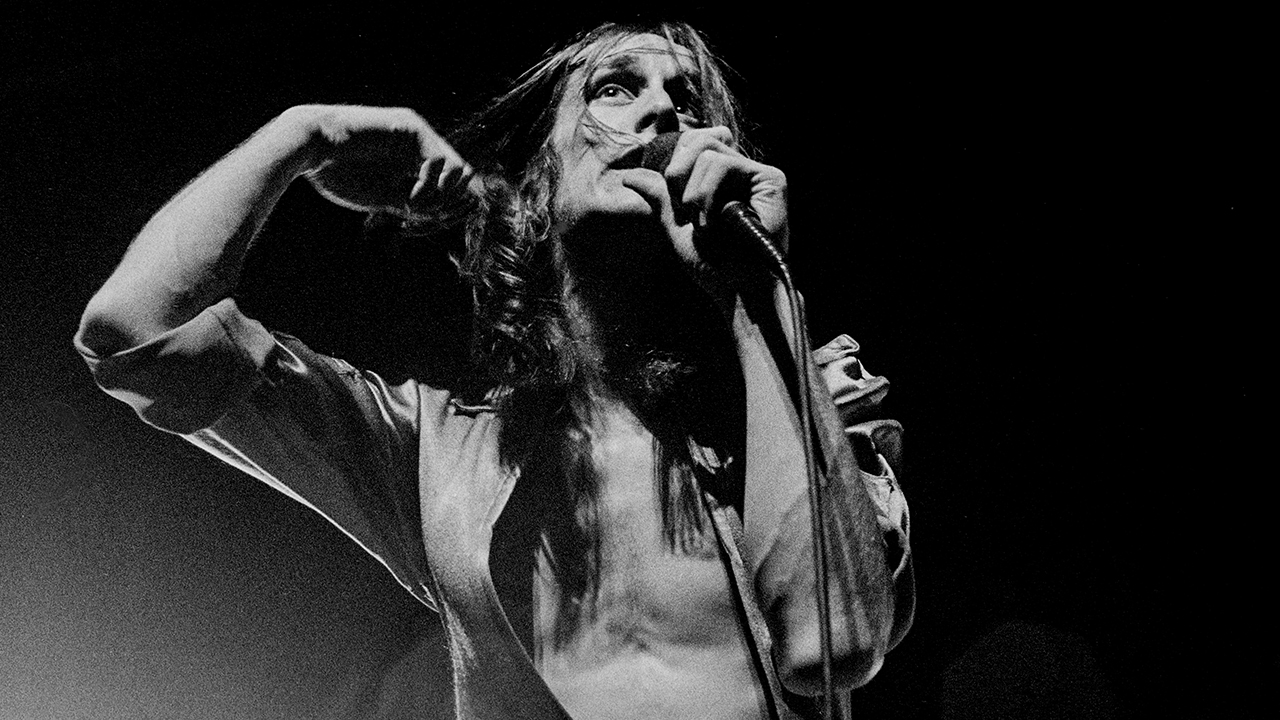You can trust Louder
Following the aftermath of Jim Morrison’s Miami escapades, and the instrumental swerve The Doors took on their The Soft Parade album, in late 1969/early 1970 they returned to the hard blues template that became their default position.
Remastered by original engineer Bruce Botnick, this reissue features an hour-plus of out-takes that track the evolution of their Bakersfield trip to Roadhouse Blues, Peace Frog (originally a poem in Morrison’s Abortion Stories chronicle) and the downbeat Blue Sunday (like Queen Of The Highway, an open love letter to Morrison’s girlfriend Pamela Courson). The latter song gets a supper-club jazz treatment, and there are evident examples of the singer heading towards Frank Sinatra territory.
Take away the 1966 rescue of Indian Summer and a belated but punchy Waiting For The Sun and it’s apparent that Morrison Hotel was the gateway to next album L.A. Woman.
The arrangements are vibrant and the band are always in sparkling form – the chord breaks on You Make Me Real are insane – while Morrison’s lyrics are arguably his best, especially when he assumes a nautical role for Land Ho! and the sea shanty Maggie M’Gill where he metaphorically lashes himself to the mast and shouts down his demons.
It’s all cracking stuff. The early Motown song Money (That’s What I Want) and Muddy Waters’ Rock Me, Baby add soul, and the studio chatter is worth hearing if only to catch Morrison calling out for Kentucky Fried Chicken and announcing that The Doors’ next album will be called Ride Out.
Sign up below to get the latest from Classic Rock, plus exclusive special offers, direct to your inbox!
Max Bell worked for the NME during the golden 70s era before running up and down London’s Fleet Street for The Times and all the other hot-metal dailies. A long stint at the Standard and mags like The Face and GQ kept him honest. Later, Record Collector and Classic Rock called.
![Morrison Hotel (50th Anniversary Deluxe Edition) [VINYL]](https://cdn.mos.cms.futurecdn.net/gptxCNdwkjEDVivnnMCdBQ.jpg)

